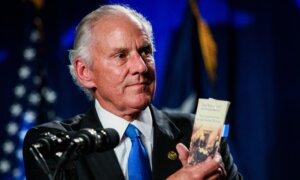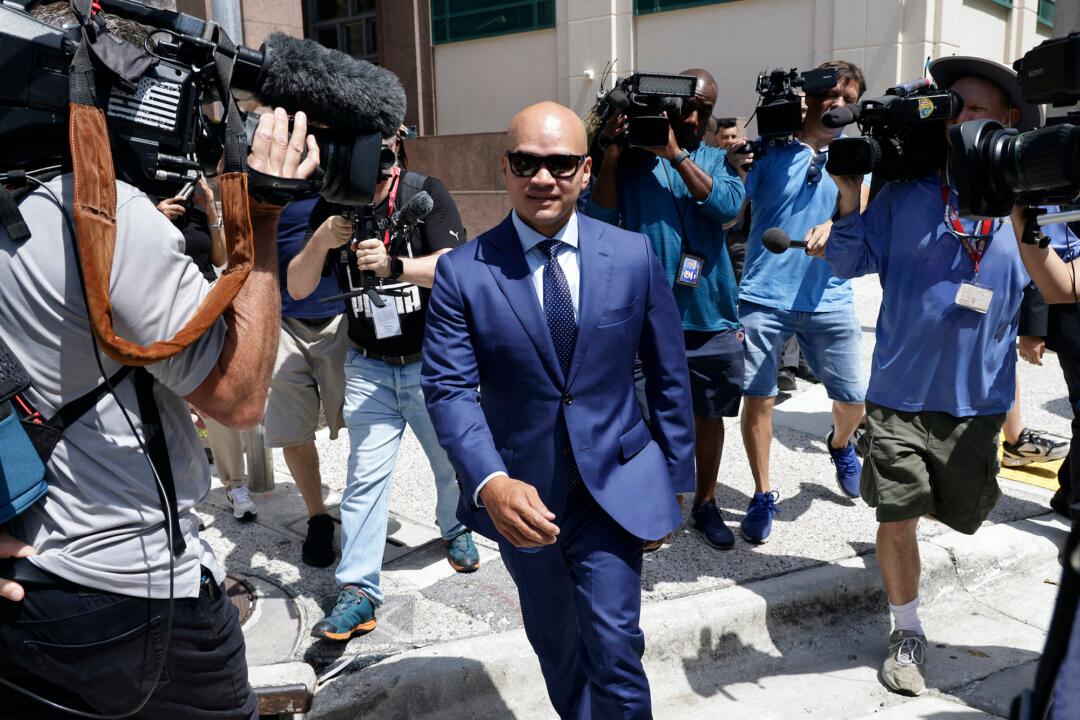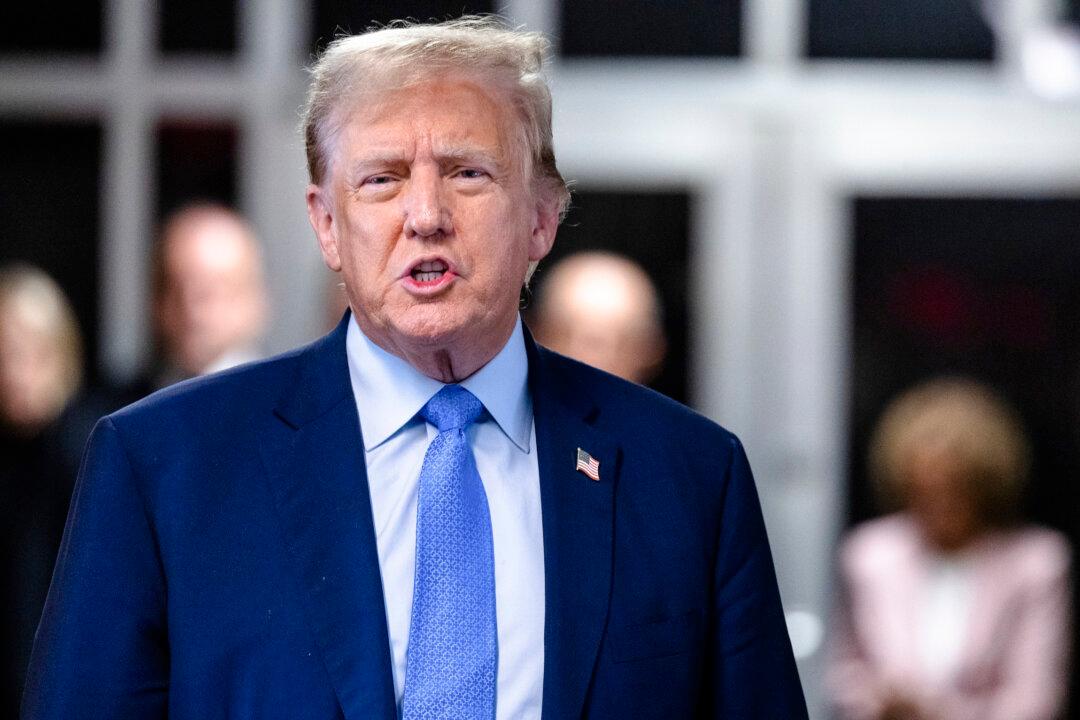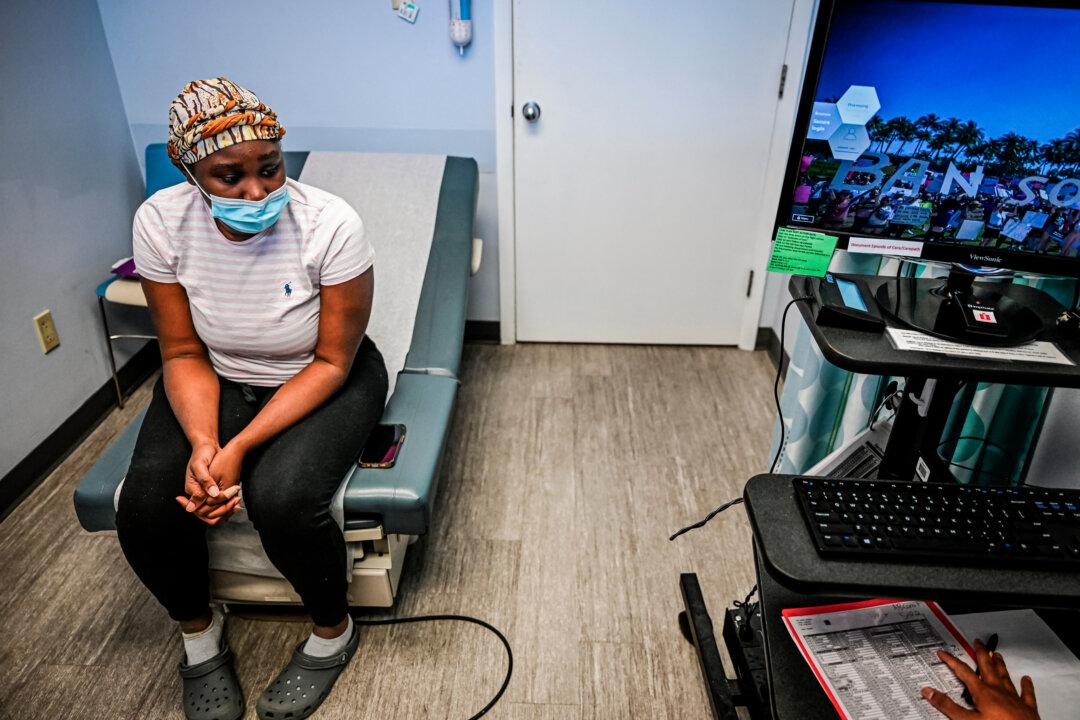Gov. Glenn Youngkin (R-Va.) took action on 67 bills on Tuesday, including vetoing 30 that he said would “punish” law-abiding citizens and impinge on their 2nd Amendment rights.
“I swore an oath to defend the Constitution of the United States of America and the Constitution of Virginia, and that absolutely includes protecting the right of law-abiding Virginians to keep and bear arms,” Mr. Youngkin said in a statement.
The Republican governor announced that, in addition to vetoing 30 pieces of gun-related legislation, he had suggested amendments to six and signed 31.
“I am pleased to sign four public safety bills which are commonsense reforms with significant bipartisan support from the General Assembly, and offer recommendations to several bills which, if adopted, will make it harder for criminals to use guns in the commission of a violent act,” he added.
Among the vetoes the governor signed were measures that would criminalize possession of a firearm in a building owned or operated by a public institution of higher education.
One particular bill appeared to target a single individual, the governor noted. House Bill 585 would criminalize home-based firearm dealers who maintain their place of business at their residence within one and a half miles of an elementary or middle school.
“By all appearances, this legislation targets one individual in Prince William County, to whom the Prince William Board of County Supervisors granted a home-based firearms license,” Mr. Youngkin wrote in his veto memo.
A five-day waiting period for gun purchases, championed by Democrat state Sen. Suhas Subramanyam of Loudoun County, was also vetoed.
Another vetoed bill would have banned the import, sale, manufacture, purchase, or transfer of certain firearms and ammunition-feeding devices made on or after July 1.
Among the vetoed bills were ones that sought to prevent the open carrying of some semi-automatic rifles and shotguns in specific public areas. Another bill proposed the creation of safe storage requirements for firearms in homes where minors or people not legally allowed to possess guns reside. Additionally, there was a bill that sought to create a civil penalty for individuals who leave a handgun visible in an unattended vehicle.
Among the bills the governor signed into law were two pairs of identical bipartisan gun-related public safety measures, which garnered broad bipartisan support.
These measures aim to prevent parents from willfully allowing children who pose credible threats of violence to access firearms. Additionally, they prohibit the manufacture, transfer, or possession of an auto sear, colloquially known as a “Glock switch,” that converts firearms into automatic weapons.
One bill the governor signed introduces the possibility of charging parents with a felony under the state’s child abuse and neglect law if they permit a child access to a firearm after being notified of the child’s potential for violence.
Furthermore, Mr. Youngkin announced proposals for amendments to six gun bills, setting the stage for legislative debate when the General Assembly convenes for a one-day session on April 17 in Richmond.
The governor’s proposed amendments to six bills include provisions to prevent firearm transfers to mental health patients, align with federal regulations on serial numbers, set standards for plastic firearms, and mandate parental notification on safe firearm storage.
The vetoes by Mr. Youngkin drew criticism from Democrats, who lack the numbers to overturn them, needing a two-thirds majority in both chambers.
Opponents of the vetoed bills questioned their constitutionality, while proponents argued for tighter restrictions on firearms to enhance public safety.
Mr. Youngkin’s stance on firearms mirrors his campaign rhetoric from 2021, though notably, he did not receive the endorsement of the National Rifle Association.
During his first two years in office, Mr. Youngkin largely avoided gun-related issues due to the divided control of the Legislature. However, with Democrats now in full control after recent elections, dozens of gun-related bills were sent to his desk, prompting these recent actions.







